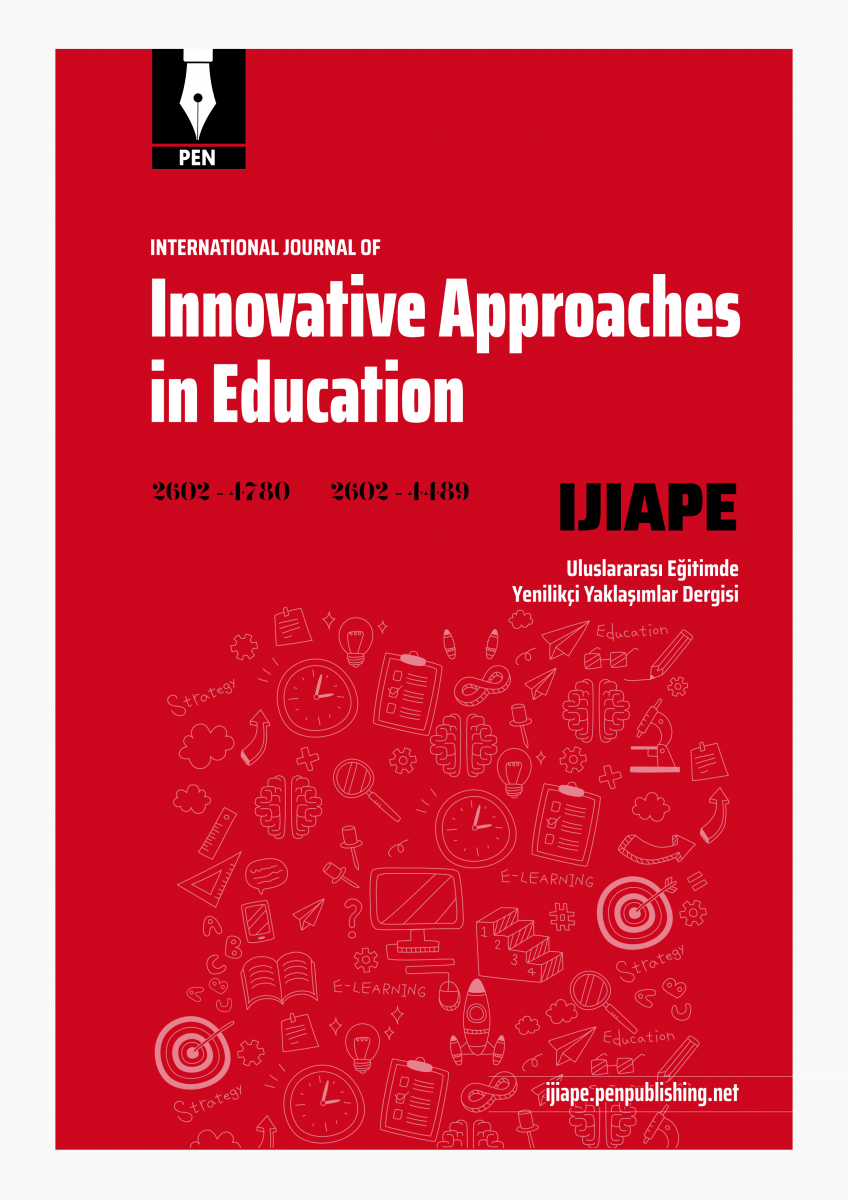Research article | Open Access
International Journal of Innovative Approaches in Education 2024, Vol. 8(4) 151-169
Examination of Media Literacy and Disinformation Perceptions, Along with Media Usage Habits of Workshop Teachers Working in Vocatıonal High Schools
pp. 151 - 169 | DOI: https://doi.org/10.29329/ijiape.2024.1098.1
Publish Date: December 31, 2024 | Single/Total View: 204/157 | Single/Total Download: 348/210
Abstract
The purpose of this research is to determine the 'media literacy and disinformation perceptions and media usage habits' of workshop teachers working in vocational high schools. The study group consisted of nine teachers working at Cebeci Vocational and Technical Anatolian High School within the borders of Mamak district of Ankara province during the 2023-2024 academic year. Semi-structured interview technique was used as the data collection method. A 'Semi-Structured Teacher Interview Form' consisting of nine questions was prepared as the data collection tool, and the data were obtained through face-to-face interviews. The data were collected by offering suitable options to the teachers and conducting interviews with various practices as desired by themselves. As a result of the research, it was observed that the media literacy and disinformation knowledge levels of workshop teachers working in vocational high schools are sufficient. It was determined that media usage habits vary according to different preferences and interests. They now use old media tools very little or not at all. It was seen that they have the necessary knowledge about new media tools. Internet and phone usage rates are high. However, it was observed that they behave skeptically towards information coming from media and the internet and confirm it with different sources. They think that a good media literate should be investigative, questioning, and critical. None of them think that the media is unbiased and reliable. They also express that it contains dirty information, is violent, exaggerated, and culturally corrupting. The teachers argued that in order to be role models for their students, to guide their students correctly, and to be more beneficial academically to their students, teachers also need to be good media literates. All the teachers participating in the research stated that being a media literate is necessary in today's world.
Keywords: Media Literacy, Disinformation, Media Usage, Vocational Highschool
| How to Cite this Article? |
|---|
|
APA 7th edition Harvard Chicago 16th edition |
| References |
|---|
|

